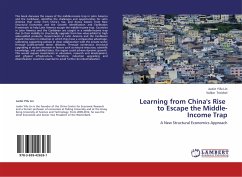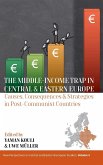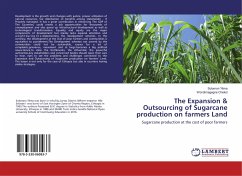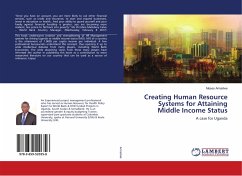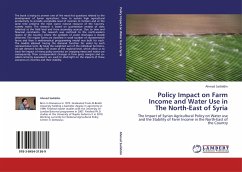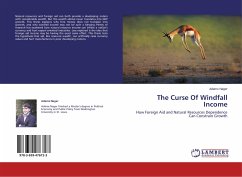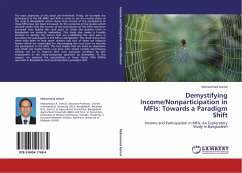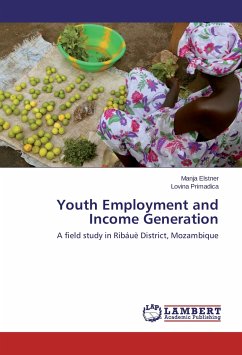This book discusses the causes of the middle-income trap in Latin America and the Caribbean, identifies the challenges and opportunities for Latin America that come from China's rise, and draws lessons from New Structural Economics and the Growth Identification and Facilitation Framework to help Latin America escape the middle-income trap. Countries in Latin America and the Caribbean are caught in a middle-income trap due to their inability to structurally upgrade from low value-added to high value-added products. Governments in Latin America and the Caribbean should intervene in industries in which they have a comparative advantage, calibrating supporting policies in close collaboration with the private sector through public-private sector alliances. Through continuous structural upgrading in sectors intensive in factors such as natural resources, scientific knowledge, and unskilled labor, the region could achieve dynamic growth. This would require investments in education, research and development, and physical infrastructure. Therefore, industrial upgrading and diversification would be essential to avoid further de-industrialization.

